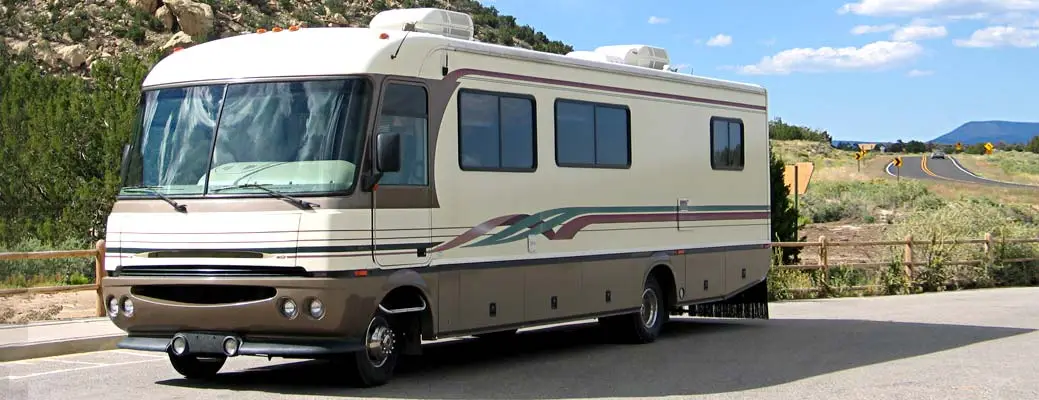Your RV Buying Guide: Seven Tips for First-time Owners


You’ve made a budget, daydreamed about the trips you’ll take, and now you’re ready to buy! Just like with any other big first-time purchase, you need to carefully consider the possibilities, so you make the right choice for you. This RV buying guide will help you weigh your options and provides insight on things you need to know before buying an RV.
If you have a vehicle capable of towing an RV, a towable version is a good option — they tend to offer more space for your money, can be less costly to maintain, and can give you the freedom to use our towing vehicle freely once you are set up and unhitched at the campsite. Otherwise, a motorized RV might be your top choice, as these tend to be more luxurious and require less set-up once you arrive at your camp site.
If you are buying an RV for the first time, consider what you will use it for. A tiny towable might be better for weekend warriors, but if you’re planning on adventures that span weeks or months, you’ll need an RV that has sufficient cargo space. Weekend campers may opt for a towable RV that will get them to their campsite and carry the necessities. Cross-country adventurers may desire leg room and more space to roam about.
Four-season RVs are perfect for the winter camper. Things like insulation and heated tanks can make all the difference between a great experience and a terrible one when the temperatures drop. Likewise, having reliable A/C in the summer months will keep your journey comfortable.
Capacity is important if you’re travelling with a crew. Your kids (and you!) might need separate spaces for when you’re experiencing so much togetherness. A larger, better equipped kitchen might be a necessity, as could a bathtub (especially if your children are very young).
In this day and age, you’d really be roughing it if you didn’t have Wi-Fi. Is your potential RV compatible with internet, GPS or satellite? Consider the features in a newer model if you’re between buying a new or used RV. These could all be very handy, especially when travelling to more remote locations.
If you have sticker shock while shopping for a new RV, you might consider buying used. While you can save a lot of money buying a used RV, you can expect to have higher maintenance costs from the offset. The average lifespan of an RV is 20 years or 200,000 miles. If you find a used RV that potentially has many years left in it, have it inspected as thoroughly as a home before you make the purchase.
If you are still on the fence, consider renting an RV for your first family excursion to see how much space and how many features you need to keep the family happy on the road. Did everyone have enough space to sleep and lounge? Did everyone have access to power ports when they needed to charge their devices? Was the 40-footer easy to handle, or do you think a 26-footer would reduce the stress of driving?
Last but not least, don’t forget insurance! RV insurance offers coverage specifically tailored for your RV. Owners buying an RV for the first time should get acquainted with coverage types. Still have questions about protecting your new investment? Contact your local Farm Bureau agent. Your agent can help ensure that you have all the coverage you need to keep you on the road.